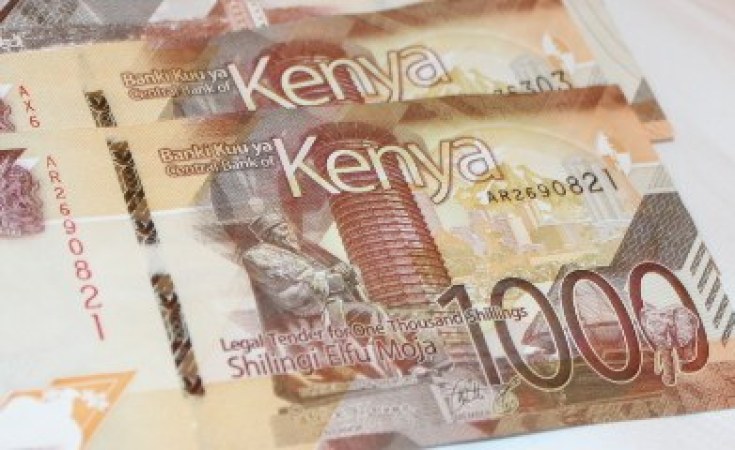Nairobi — Kenyan businesses recorded a sharp decline in activity in February as cost of living pressures coupled with cash flow problems reduced customer spending, PMI survey data shows.
During the month, the survey noted that output and new orders both recorded sharp falls, leading to renewed cuts in employment and purchasing.
While the job losses were only mild overall, the survey noted that were the strongest seen since April 2021.
The decline in business conditions saw the headline figure derived from the Stanbic Purchasing Managers' Index (PMI) register below the 50.0 no-change mark for the first time in six months.
The figure dropped to 46.6 from an 11-month high of 52.0 in January.
The reading indicated a solid deterioration in operating conditions, driven by renewed contractions in many of the covered metrics.
During the month, the survey noted that currency weakness and reports of increased tax burdens fed through to a sharper rise in input costs.
"While some firms passed these costs on to customers, the rate of charge inflation was broadly unchanged from January and much softer than that of input prices," the survey notes.
Demand weakness was particularly clear in the latest survey data, as companies reported a sharp contraction in new order volumes following a solid upturn in January.
Survey panellists frequently noted that customers had pared back spending due to high inflation and a lack of money in circulation.
Firms also suffered from a marked fall in export sales, one of the fastest seen on record.
Further, supply chain performance was broadly stable in February ending a prior five-month run of improvement.
Some firms mentioned shortages of items such as timber and foodstuffs, as well as delays at ports. The disruption contributed to a fall in stocks of purchases.
"Cost pressures accelerated to a notable pace during February, the highest for five months and among the quickest on record," the survey noted.
Purchase price inflation was the key driver, according to panellists, amid reports of increased taxes and higher import costs as the exchange rate against the US dollar worsened.
"After a stellar performance between September 2022 and January 2023, the Kenya PMI fell into contraction territory in February as cash flow issues and cost of living weighed on demand. But then, despite everything, businesses are still optimistic about the outlook for the next 12 months, with the future output index rising for the second month in a row," said Mulalo Madula, Economist at Standard Bank.


